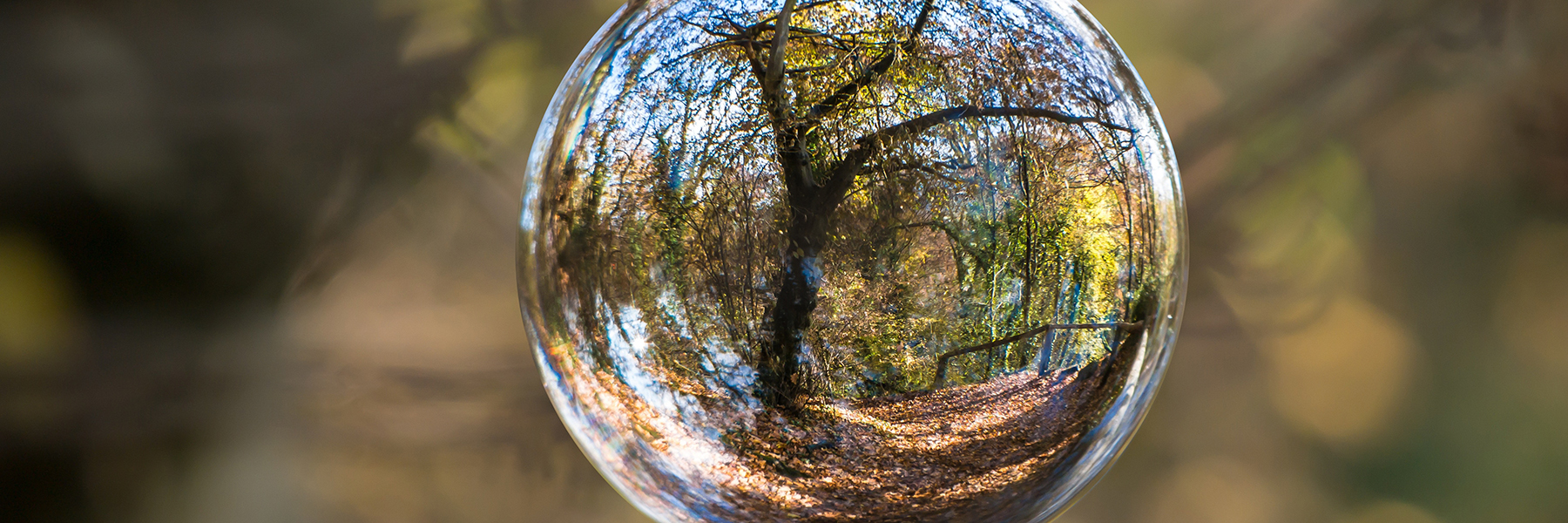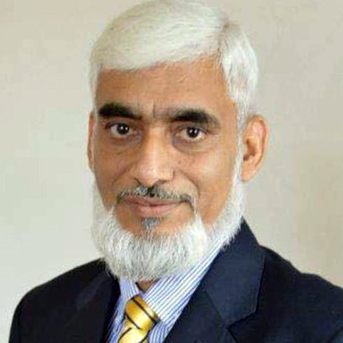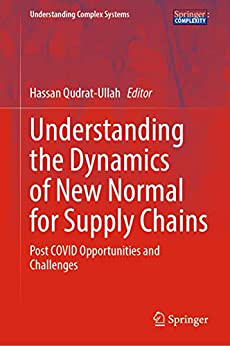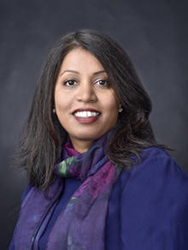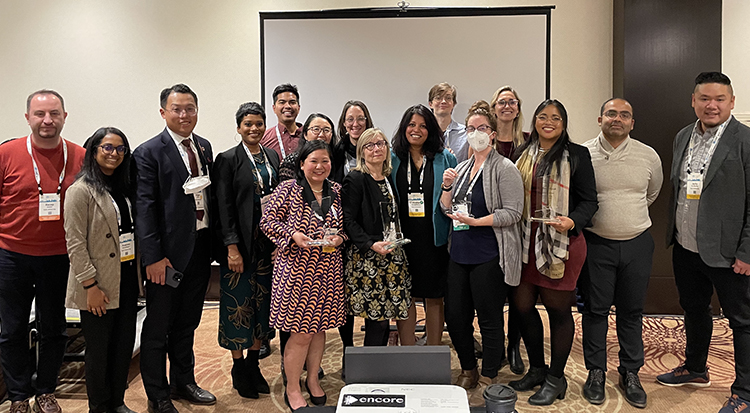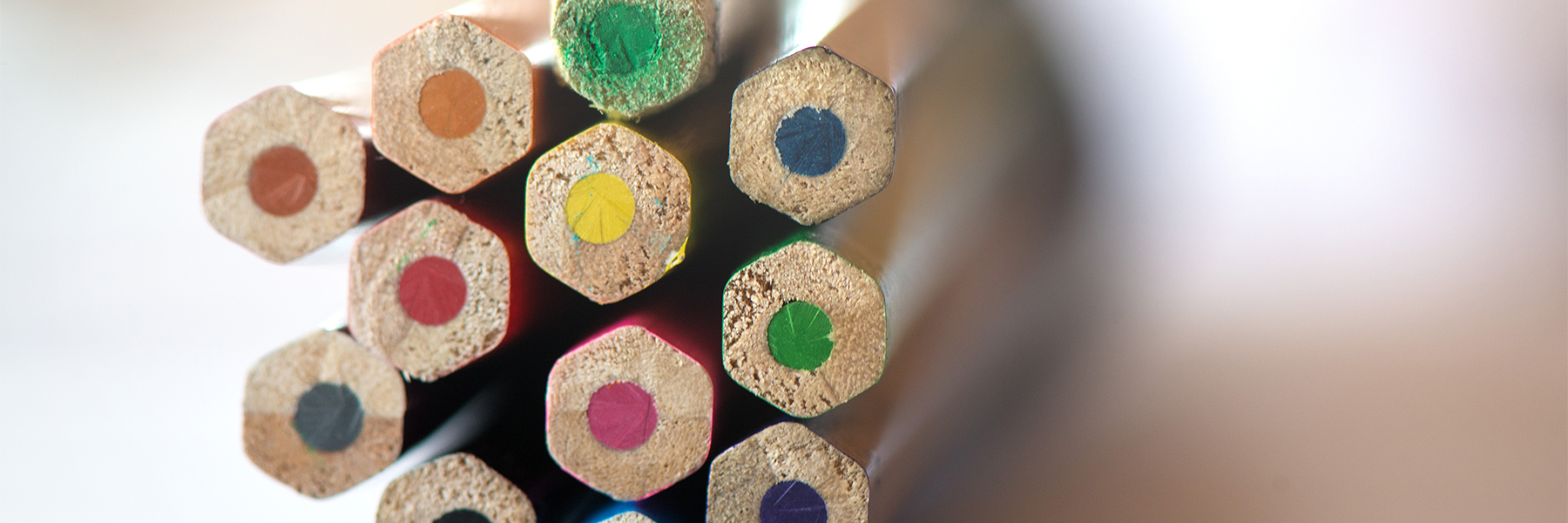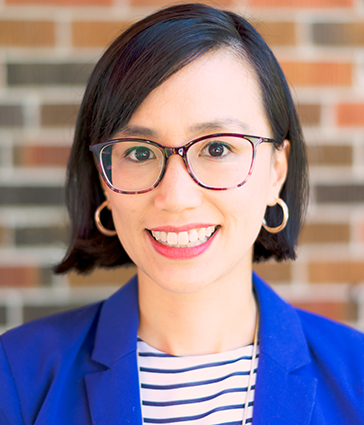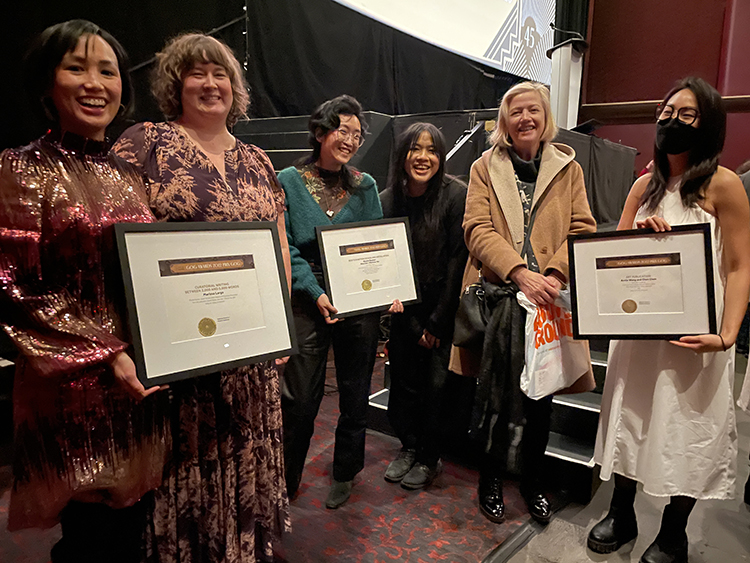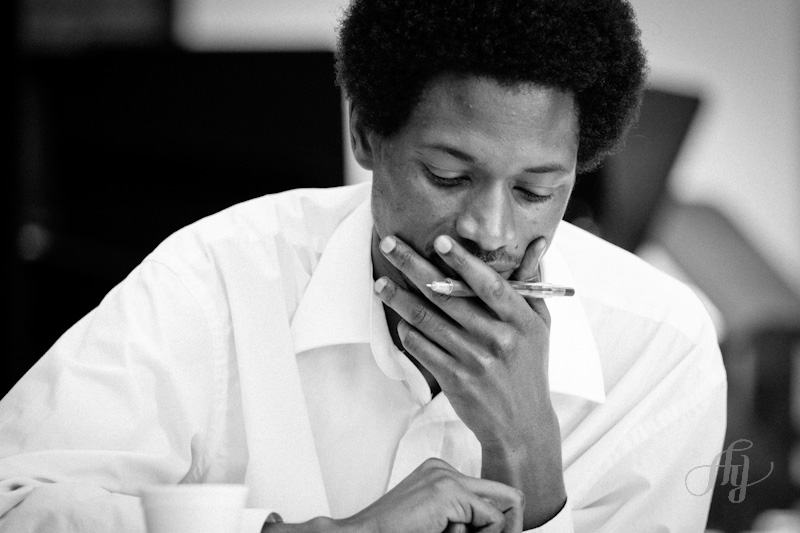The research projects advance knowledge in areas ranging from water remediation, management of infectious disease through technological innovation, the effects of climate change on ecosystems and human populations, visual neuroscience, and understanding the pathway from colonial genocide to building just relationships.
York University will fund ground-breaking research through the Catalyzing Interdisciplinary Research Clusters (CIRC) program, which aims to foster interdisciplinary collaboration, global research excellence and world-class training opportunities. Now in its second year, the program supports critical research that can advance York’s contribution to the United Nations Sustainable Development Goals (UN SDGs).
“As the world continues to address urgent global challenges such as climate change, global health crises and political polarization, and their impact on people and the planet, it is critical now more than ever for York to support novel interdisciplinary research collaborations that drive innovative solutions to these grand challenges,” says York President and Vice-Chancellor Rhonda Lenton. “York University is home to some of the brightest researchers in the world, and I am inspired by the talent, drive, and commitment of our researchers to making the world a better place. I offer you my congratulations in these exemplary research endeavours.”
“York is pleased to invest in interdisciplinary research clusters that will continue to amplify York’s world class research excellence,” says Vice-President Research & Innovation (VPRI) Amir Asif. “The CIRC program brings together talented researchers from across disciplines and faculties, supporting research that will help address complex global issues identified in the UN SDGs, and driving positive change in our local and global communities.”
Seven projects will receive $150,000 per year over three years:
Catalyzing Interdisciplinary Research Cluster for Detection and Remediation of Water Contaminants (CIRC-DRWC), led by Satinder Brar, Lassonde School of Engineering, with co-Principal Investigators (PIs) Pouya Rezai, Lassonde School of Engineering, James Orbinski, Faculty of Health, Sylvie Morin, Faculty of Science, and Ali Asgary, Faculty of Liberal Arts & Professional Studies (LA&PS)
UN SDG 6: Clean Water & Sanitation
Catalyzing Collective Action at the Intersection of Global Health and the Arts, led by Caitlin Fisher, School of the Arts, Media, Performance and Design (AMPD) with co-PI Steven Hoffman Faculty of Health, and Sharon Hayashi (AMPD)
UN SDG 3: Good Health & Well-Being
From Colonial Genocide to Just Relationships, led by Luann Good Gingrich (LA&PS) with co-PI Heidi Matthews, Osgoode Hall Law School
UN SDG 16: Peace, Justice & Strong Institutions
Technologies for Identification and Control of Infectious Diseases (TICID), led by Sergey Krylov, Faculty of Science
UN SDG 3: Good Health & Well-Being
Geomatics for Analyzing Climate Change Effects on Ecosystems and Human Populations, led by Tarmo Remmel, Faculty of Environmental and Urban Change (EUC)
UN SDG 13: Climate Action
Translating Brain Signals Across Scales, Species, Sex and Lifespan, led by Jeff Schall, Faculty of Science with co-PI Shayna Rosenbaum, Faculty of Health
UN SDG 3: Good Health & Well-Being
Designing Sound Futures: Inclusive Design and Transdisciplinary STEAM Learning, led by Kurt Thumlert, Faculty of Education with Co-PI Andreas Kitzmann (LA&PS)
UN SDG 10: Reduced Inequality
In addition, six other proposals that were highly ranked by external reviewers will each be awarded two-year funding of $100,000 per year for two years for a total of $200,000 each. These proposals include:
Biomedical Engineering Cluster (BEC), led by Alex Czekanski, Lassonde School of Engineering with co-PI Peter Backx, Faculty of Science
UN SDG 3: Good Health & Well-Being
Towards Inclusive and Accessible Data Visualizations and Analytics, led by Enamul Prince (LA&PS)
UN SDG 10: Reduced Inequality
Overcoming Epidemics: Transnational Black Communities’ Response, Recovery and Resilience, led by Mohamed Sesay (LA&PS) with co-PIs Sylvia Bawa (LA&PS) and Oghenowede Eyawo, Faculty of Health
UN SDG 3: Good Health & Well-Being
Research Cluster on Data Economy, aligned with UN SDG: Industry, Innovation & Infrastructure, led by Xiaohui Yu (LA&PS) with co-PIs Giuseppina D’Agostino, Osgoode Hall Law School, and Jennifer Pybus (LA&PS)
UN SDG 9: Industry, Innovation & Infrastructure
*Social and Business Implications of Introducing Micro-mobility Vehicles (at York) Implications for Disruptive Technologies and Experiential Education, led by Andrew Maxwell, Lassonde School of Engineering with co-PIs Marina Freire-Gormaly, Lassonde School of Engineering, Pilar F Carbonell (LA&PS), Manos Papangelis, Lassonde School of Engineering and Jose Etcheverry, (EUC)
UN SDG 10: Reduced Inequality
*Towards Sustainable Extraction in the North, aligned with UN SDG: Responsible Consumption and Production, led by Laura McKinnon, Glendon College with co-PIs Kamelia Atefi-Monfared, Lassonde School of Engineering, Gabrielle Slowey (LA&PS), Zachary Spicer, (LA&PS)
UN SDG 12: Responsible Consumption and Production
*Conditionally approved, subject to additional review.
“We would like to acknowledge the members of the internal Adjudication Committee: Professors Rosemary Coombe, David Hood, Jane Heffernan and Dan Zhang, who have helped the Office of the VPRI support research excellence in ways that are equitable, diverse and inclusive,” adds Asif.
More about the Catalyzing Interdisciplinary Research Clusters Program
The Catalyzing Interdisciplinary Research Clusters (CIRC) program funds research excellence for interdisciplinary projects, crossing the mandates of at least two of the three federal granting councils, with the core team of at least five researchers for each project including members from at least two faculties and at least one early career researcher.
Modelled to replicate the success of interdisciplinary research clusters, the initiative empowers clusters to achieve research excellence and secure large-scale funding through highly competitive national programs, such as the Canada Excellence Research Chair, the Canada First Research Excellence Fund and the New Frontiers in Research Fund – Transformation stream. The CIRC program will scale the development of research teams and clusters to position the University as a key node in national and international networks in strategic areas of interest, while enabling impactful contributions towards the University’s Strategic Research Plan, the University Academic Plan and the United Nations Sustainable Development Goals.
All proposals received were subjected to expert external peer review, with final decisions informed by an internal adjudication committee comprised of senior York researchers with additional representatives from the Office of the VPRI.


